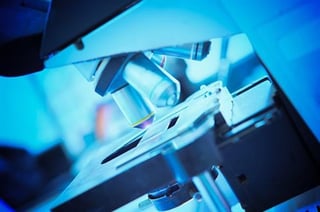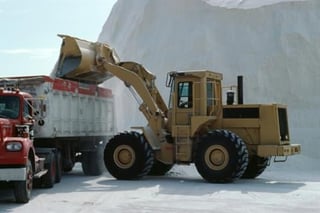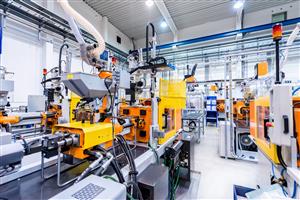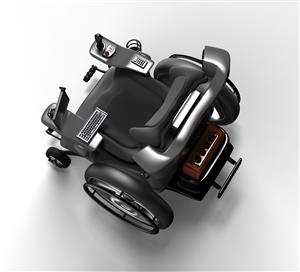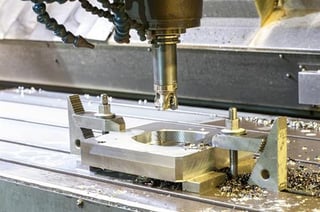
When you have manufacturing equipment that you're getting ready to replace due to age or needed upgrades, there's always a concern that you may not get what the machinery is worth. This can lead to financial issues with your company or perceived ideas that the machinery was sold for less than it should have been. How do you get what your equipment is worth when it's time to negotiate? A manufacturing equipment appraisal can provide you with the documentation you need to get a fair price.
Using a Manufacturing Equipment Appraisal for Negotiations
Many people assume that equipment appraisals are simply calculated based on what the market will bear. But what happens if you're only planning on advertising the equipment in your industry, which is currently in a slump? What about the market as a whole? Will there be additional costs for removal that need to be taken into consideration? These questions will all play into your initial asking price and the point from which potential buyers will negotiate.
If, for example, everyone in your industry is inserting magnets into their plastic molds, does your machine have that capability? Added to the initial value of a machine without that capability, a retrofit or after-market kit may be required to add that feature. Machines that are left without that feature or that are incapable of being upgraded to include it may end up receiving lower final sales prices, because they won't keep up with the latest trends that newer, more expensive machines are able to contend with.
But what if you're not following the latest trends, because you provide more traditional means of production? Many companies find that hiring someone who professionally specializes in equipment appraisals has a finger on the beat of change in the industry. Hiring a well-qualified, certified equipment appraiser can mean the difference between knowing when to sell your machinery and when you're just going to be stuck with it.
Another area where businesses often take a hit on selling manufacturing equipment is by assuming its value is what the tax accountant says it is. The problem with that value is that machinery often ages faster or slower than the depreciation tables issued by your tax agency. If you have quality equipment you've kept in exceptional shape, you may sell it for less than it is actually worth, because it would still operate for several years after the equipment has been fully depreciated and shows a value of zero. If your equipment takes a beating because of your location, environment or manufacturing practices, it will probably fail before it is fully depreciated, which will lead to potential buyers backing out because your asking price is then too high for the expected useable lifespan, another measurement a good appraiser will calculate for you.
As you prepare for negotiations, having a manufacturing equipment appraisal ensures you can negotiate from a point of power, with documentation that your requested price is fair and reasonable. But are you working with a certified equipment appraiser? A certified appraiser uses a standardized methodology in calculating your machine appraisal report. This ensures it will hold up to scrutiny whether you're in the meeting room, the board room or the courtroom.


